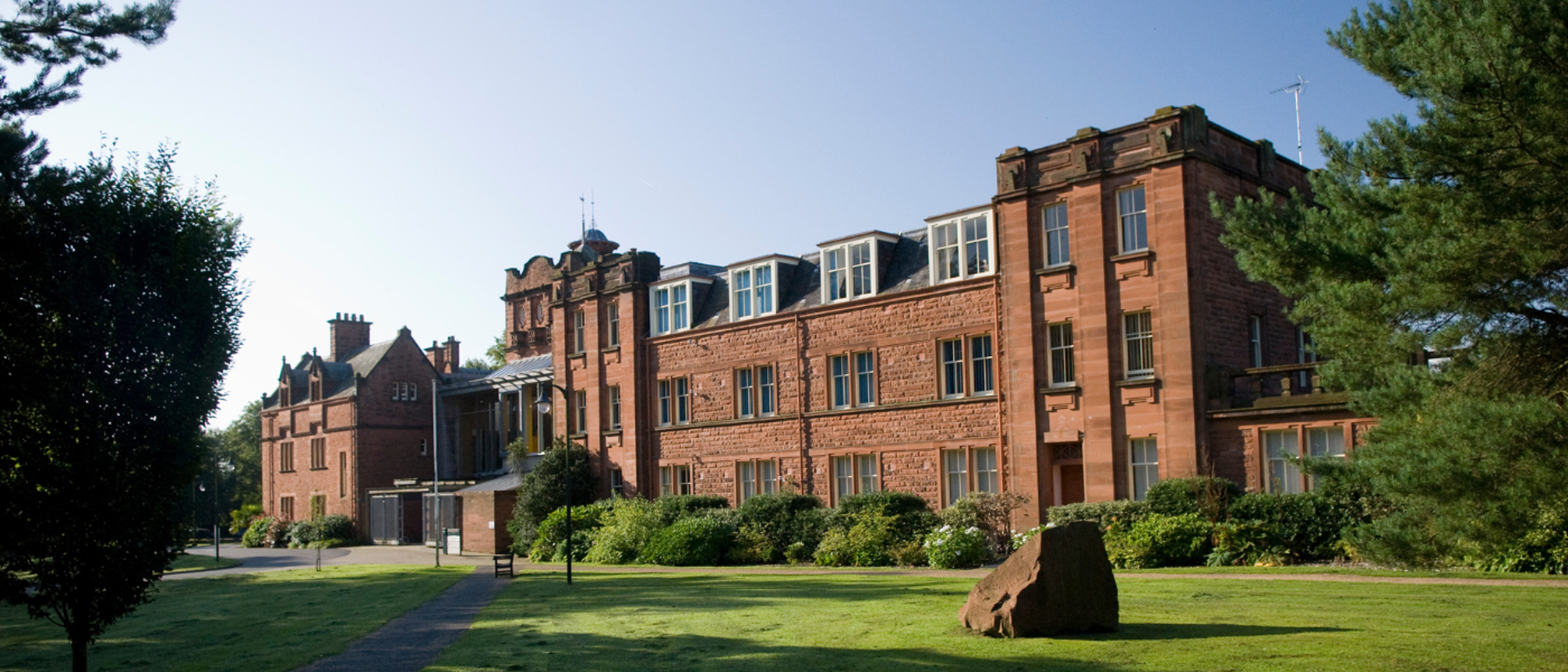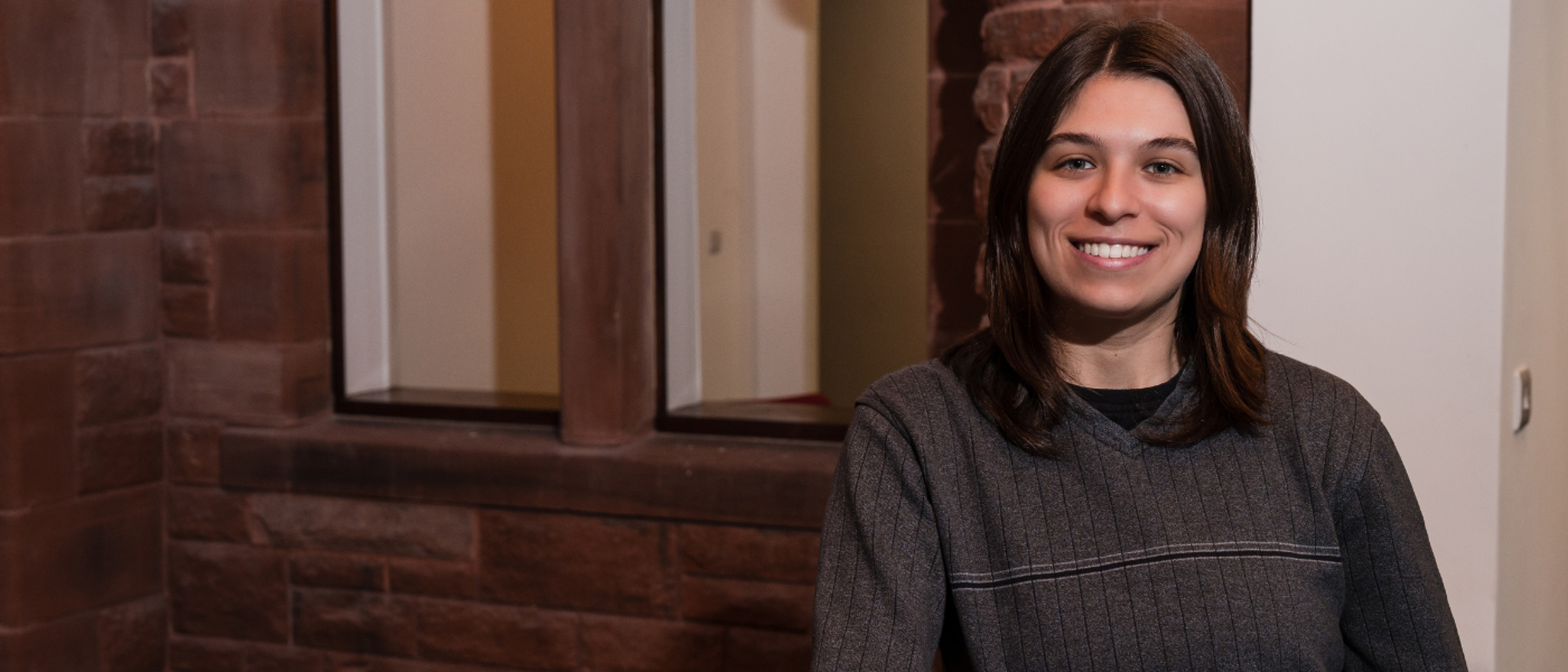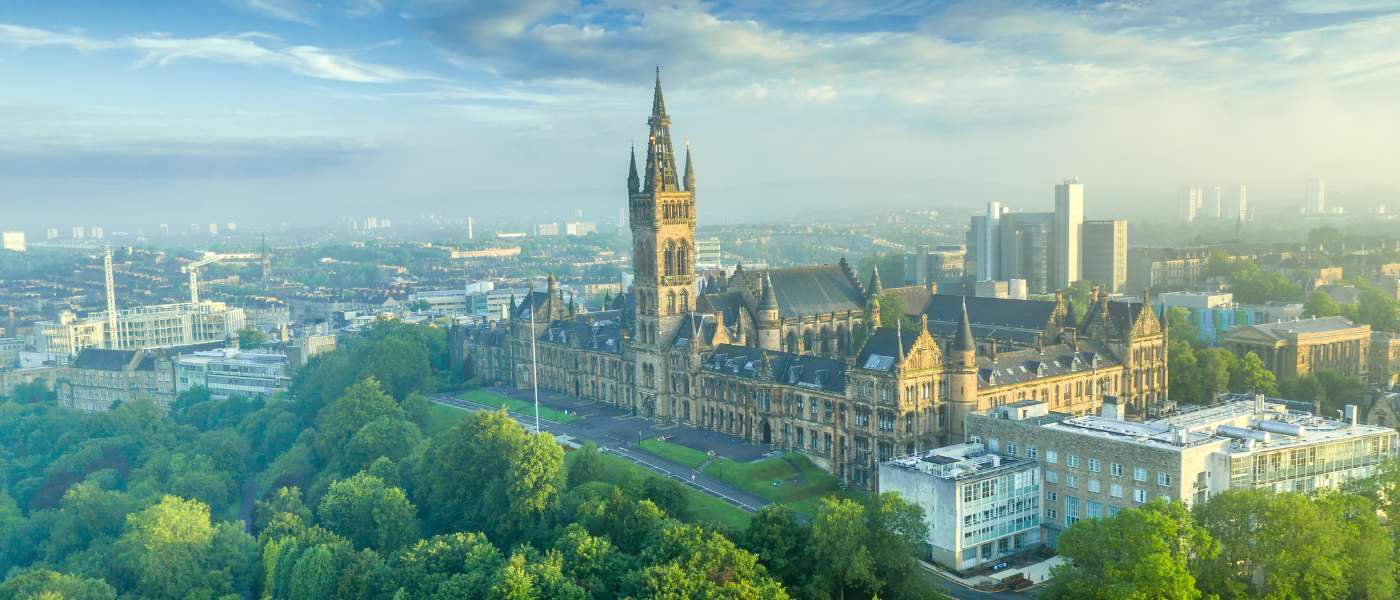
Lead the way to a more sustainable future at the University of Glasgow
The University of Glasgow has been striving towards a sustainable future for many years. The first European university to declare it would divest from fossil fuels, it ranks #12 in Times Higher Education’s Impact Rankings 2024.
In the QS World University Rankings: Sustainability 2025, the university ranks #19 out of 1,743 institutions, placing them in the top 2% for social and environmental sustainability performance. Recently, the university renamed its Dumfries Campus to the School of Social & Environmental Sustainability to better reflect its offerings as one of the UK’s foremost experts in interdisciplinary environmental teaching and research.
Programmes here prepare you to address global issues that contribute to the United Nations’ Sustainable Development Goals and to make a tangible difference in your community. The School of Social & Environmental Sustainability offer six Masters’ programmes rooted in the foundations of environment and sustainability that can help you achieve this:

“By combining the principles and practices taught in Environmental Risk Management, I believe that I will be well-positioned to make a significant contribution to the UN’s Sustainable Development Goals.” - Sreekumar, Environmental Risk Management MSc
Sreekumar Vattekkattu Pradeep Kumar, from India, had an undergraduate professor who recommended the University of Glasgow when he expressed an interest in pursuing a masters in the environmental field. After shortlisting several programmes across different institutions, he decided on the University’s Environmental Risk Management programme “as it was the most prominent and exciting one of the lot.”
Sreekumar had considered the University’s ranking and location, but the courses that made up the programme stood out to him the most. “The programme is very relevant in today’s time where it’s important to address global issues like climate change or disaster risk reduction (DRR),” he says. “I believe that the courses taught in Environmental Risk Management address this.”
Structured for students to develop subject-specific knowledge of environmental risk management applicable from local to global levels, the programme is Sreekumar’s key to working in DRR. “By combining the principles and practices taught in Environmental Risk Management with the wider context of sustainable development, I believe that I will be well-positioned to make a significant contribution to the UN’s Sustainable Development Goals,” says Sreekumar.

“I came across the degree title online and realised that this programme fit exactly what I was looking for." - Aimee, Sustainable Tourism & Global Challenges, MSc
Aimee Becker from Texas, USA, realised through working in the hospitality industry that waste was improperly disposed of due to the lack of measures. This sparked her interest in sustainability, ultimately leading to the University’s Sustainable Tourism & Global Challenges MSc programme.
“I felt that I needed to fully immerse myself in an environment conscious of its impact on the planet,” says Aimee. “I came across the degree title online and realised that this programme fit exactly what I was looking for. It aligned with my desire to reduce our carbon footprint in tourism as it is currently one of the fastest-growing industries.”
The Sustainable Tourism & Global Challenges, MSc programme equips you with intellectual and research skills to assess real-world problems and develop solutions. You’ll evaluate sustainable tourism as a response to local and global challenges within and beyond the industries related to the act and process of spending time away from home in pursuit of recreation, relaxation, and pleasure. This includes discovering policies and practices that can be applied to address environmental and cultural issues.
“Although I knew of some global issues and the UN’s Sustainable Development Goals, I did not study anything related to the programme during my bachelors, so I did not have much knowledge about the specific aspects of these organisations and issues,” shares Aimee. “The coursework and lecturers have exposed me to these topics and introduced me to how sustainability is applicable in these subject areas.”
Since then, Aimee has dived deep into her programme, participating in an experimental learning opportunity in The Economics of Circular Tourism course. As part of the course, students conducted a case study on the sustainability of Doune Castle, visited the site and presented their findings to stakeholders and individuals who work for Historic Environment Scotland, the lead public body established to investigate, care for and promote the country’s historic environment.

Gaining new perspectives across Environmental and Ecological issues
Environment, Culture & Communication MLitt offers such learning opportunities too. The interdisciplinary programme focuses on the up-and-coming field of ecocriticism, aiming to enable you to understand environmental issues from multiple perspectives. As part of this programme, you will partake in various field trips across the UK to gain this perspective.
If you want to make a difference in global biodiversity preservation efforts, you will find the new Ecology & Environmental Monitoring MSc fulfilling, where comprehensive research-led courses complement this hands-on programme.
The Management & Sustainable Tourism MSc will help you seek managerial and service-related knowledge to develop culturally, environmentally and sustainably aware destinations.
Beyond these programmes, the University of Glasgow’s commitment to sustainability keeps growing. From launching a new research centre supporting the global transition to low-carbon energy systems to having academics contribute to the world’s first mapping of peer-reviewed literature on climate change adaption, they seize every chance to build a better future.





